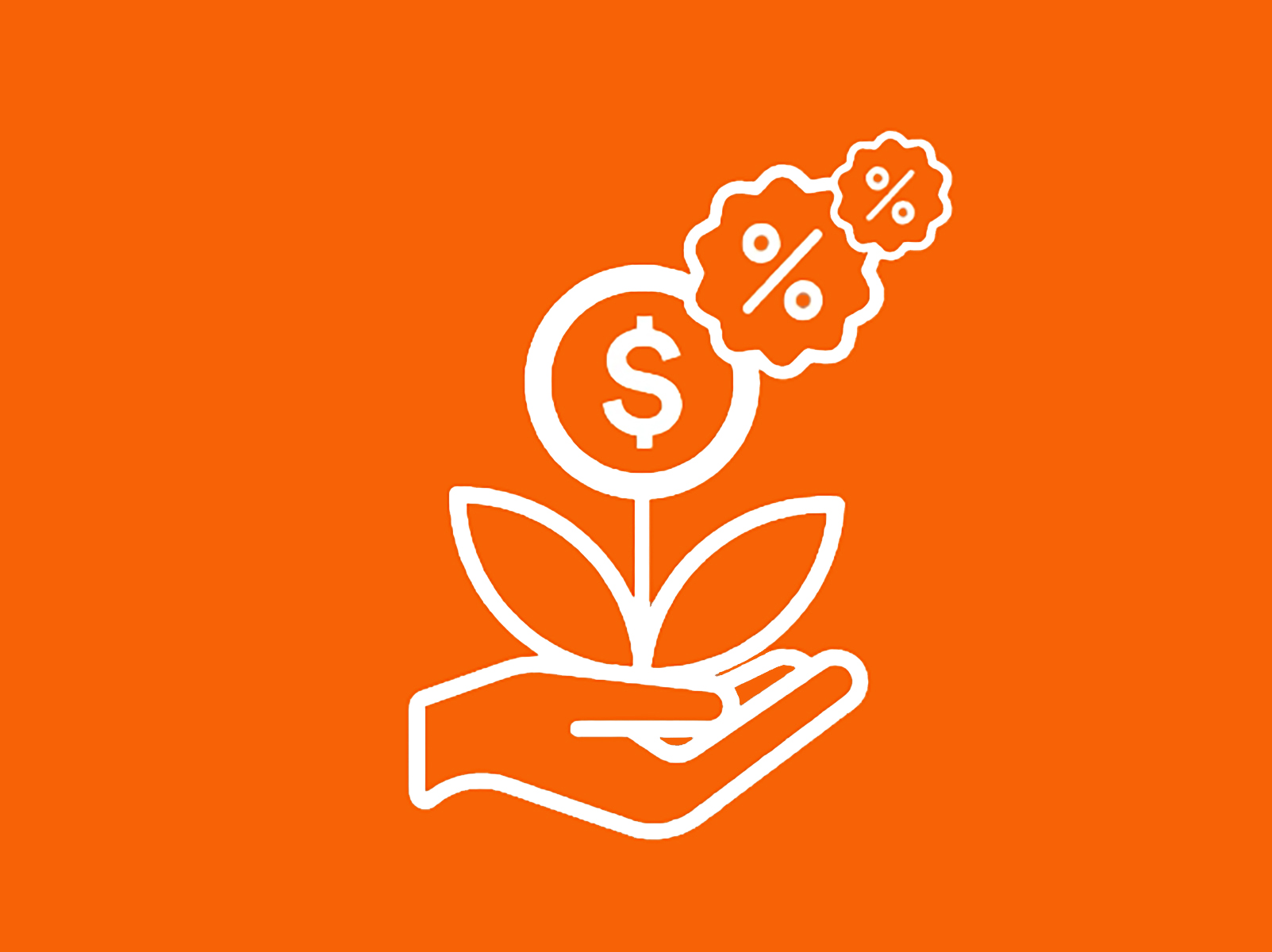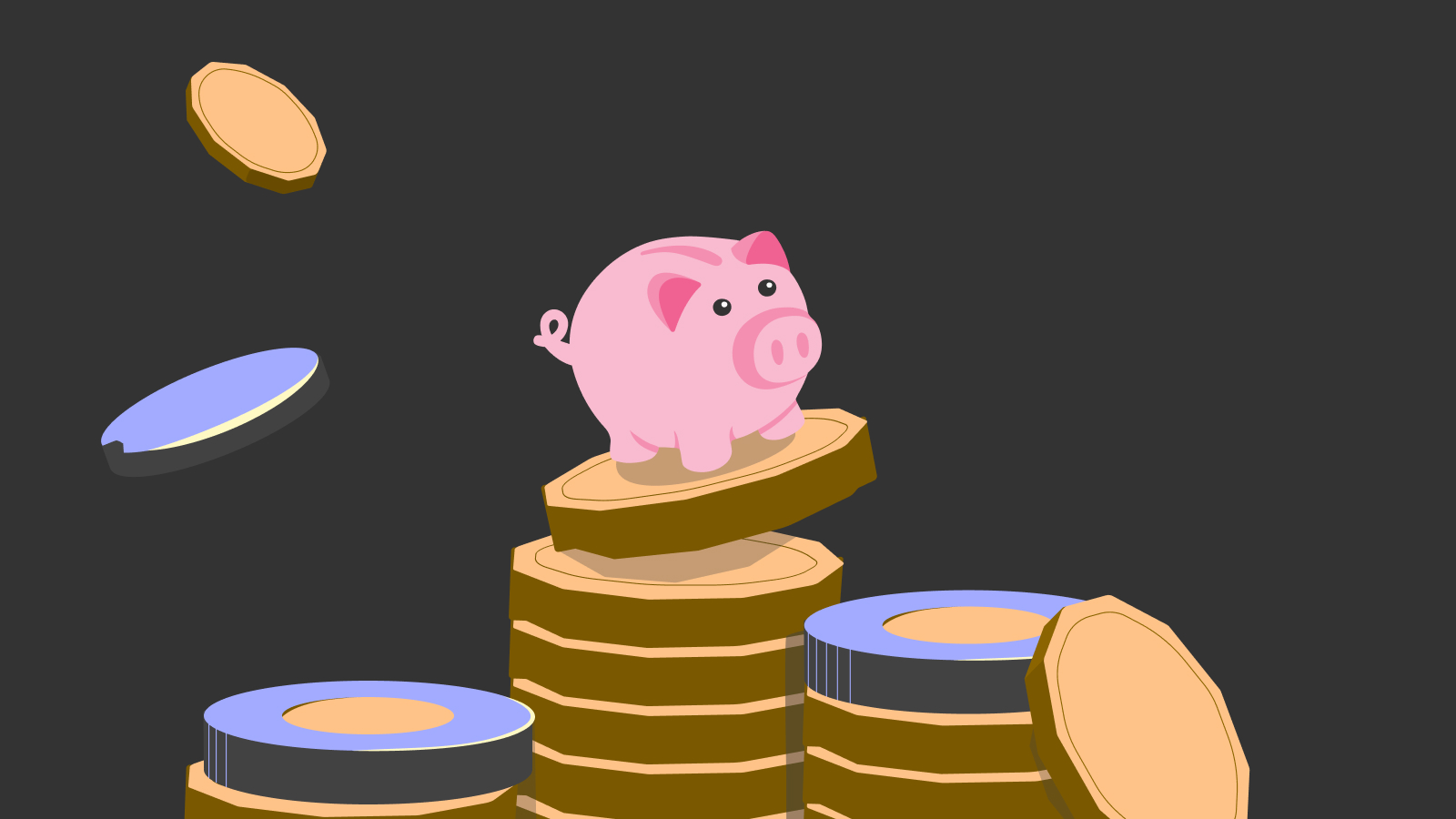Setting a Budget Using the 50-20-30 Method
Everybody allocates their budgets differently. Here's a method I use to set a budget that I can stick to, while saving money to help make my dreams and plans come true.
The importance of budgeting
A budget allows me to go about my life with the money I actually have. Tracking expenses helps me prepare for financial surprises, such as the occasional home or car repair.
Sticking to my budget also allows me to set money aside for projects, short and long-term goals, as well as contributions to my TFSA and RSP. I've been sticking to my budget strictly and have seen my personal finances improve every year since I started. By keeping to my budget, I've been able to repay debts and save a considerable amount in just three years.
The 50-20-30 method
My budgeting strategy consists of dividing my budget into three categories that each make up 50%, 20% and 30% of my net income.[1]
Category 1: vital needs
This is the most important of the three. 50% of my net income is allocated to expenses like rent, electricity, transportation, food, Internet and anything that's considered a “vital need."
For example, if my monthly net income is $3,000, I would devote $1,500 to my vital needs so that my budget is sensible and balanced. It's worth noting that this percentage may need to be adjusted for people living in cities like Vancouver or Toronto, where the cost of living is higher and residents must spend more for housing.
Category 2: financial objectives
Whether I have a project or a trip in mind, I'm saving for a home down payment or I'm setting aside money for retirement, 20% of my net income gets set aside for this category, based on the rule.
Personally, I've tried to set aside as much money as possible from a young age. In my experience, financial needs grow as we move forward in life. Events like the birth of a child or the purchase of a home create new needs.
Remember, the 50-20-30 breakdown is an ideal scenario, so even if you're only able to save 10% every month, this amount still gives you a safety net and is a great way to start.
Category 3: discretionary spending
Life would be a bit monotonous (and unrealistic) if it wasn't peppered with occasional spending outside of my needs. I work hard to earn a living, and it's important to enjoy myself. That's why I set aside 30% of my net income for discretionary spending.
Whether it's a class I really want to take, a new phone or nice meal, I'm not afraid to spend if it falls within the budget I've set. As long as I stick to my budget, I don't have to worry about going overboard.
To each their own budget
Every situation is unique, and your budget may need to change as your situation changes over time. The important thing is to create a budget that works for you and your family's reality.
The 50-20-30 method may be a good starting point if you don't know where to begin.
[1] According to some sources, this method was popularized by Elizabeth Warren in her book, All Your Worth: The Ultimate Lifetime Money Plan, in 2005.

